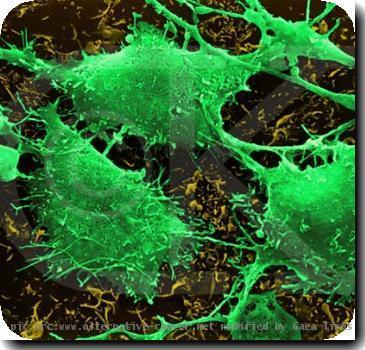Breaking up cell networks could help treat diseases
By IANSMonday, January 11, 2010
TORONTO - In human bodies, trillions of cells and the molecules from which they are composed are coupled and regrouped into indistinguishable clusters. Decoupling them may help treat diseaes like cancer, say the authors of a new study.
Since these complex cell networks are the backbone of life and illness, scientists have long searched for ways to splice cell clusters to their original pairs.
University of Montreal (U-M) scientists Stephen Michnick and Po Hien Ear have managed the feat of dividing cell networks down to their genesis.
“We have provided a simple way to decouple one cellular network from another,” says Michnick, U-M professor in biochemistry and integrative genomics. “Once decoupled, we could clearly distinguish what one network was doing versus another.”
As part of their study, the researchers reproduced gene networks using baker’s yeast — a cellular organism proven to resemble the critical functions of human cells.
“We cut out relationships between cells to see which are crucial and which are not,” explains Michnick, according to an U-M release.
“We found that de-coupling cells permitted growth regulation. One way to attack cancer would be to find molecules that decouple other networks (as we did), slow down its growth and weaken the illness.”
These findings appeared in Nature Methods.
